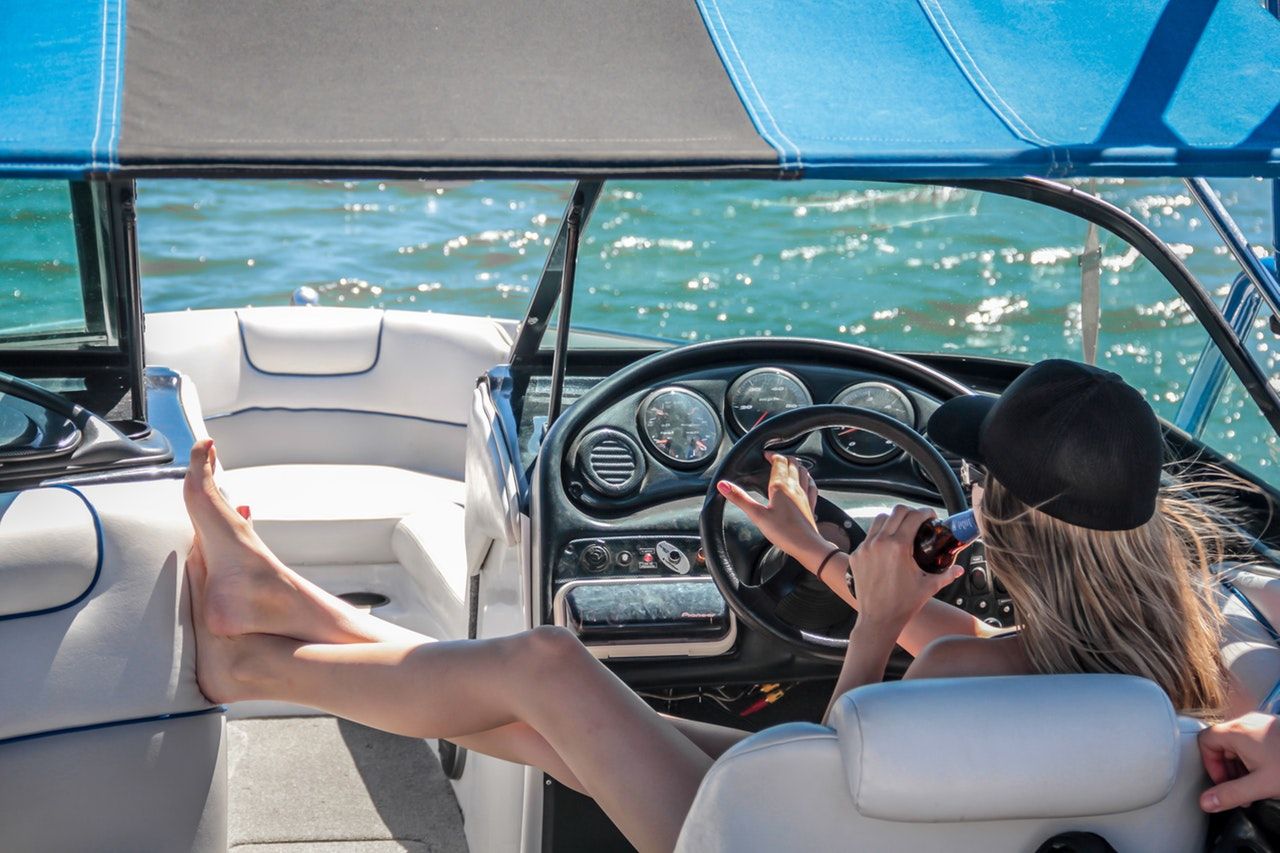A safe day on the water often comes down to preparation, communication, and awareness—and one of the most overlooked safety measures is designating a sober first mate. While the captain takes responsibility for navigation and decision-making, the first mate plays a crucial supporting role that becomes even more essential when alcohol or cannabis may be present on board. A sober first mate is not just a helpful extra set of hands; they are a key safeguard that can prevent accidents, reduce impaired-related risks, and keep everyone onboard protected.
At its core, the first mate acts as the captain’s primary assistant, maintaining awareness of everything happening on the vessel. When sober, this role allows the first mate to remain clear-headed, responsive, and ready to act quickly during changing conditions. This includes monitoring passengers, watching for signs of impairment, keeping an eye on the weather, assisting with docking, and stepping in if the captain needs an extra hand—or becomes unable to perform duties safely. In many cases, having a sober and reliable first mate is the difference between a calm response and a dangerous escalation.
One of the most critical responsibilities of a sober first mate is passenger management. On busy days, passengers may move unpredictably, become overly excited, or consume alcohol or THC products, which can impair balance, judgment, and awareness. A sober first mate helps ensure the deck remains safe by encouraging proper seating, preventing overcrowding in key areas, and reminding guests about safe behavior near the rails and swim platform. They can also recognize early signs of impairment—like unsteady footing, delayed reactions, or confusion—and intervene before a risky situation develops.
The sober first mate also acts as the vessel’s second set of trained eyes. Boats move through constantly shifting environments, from sudden wakes to changing currents to unexpected debris. A captain already juggles steering, navigation, communication, and mechanical awareness, so having a sober first mate scanning the surroundings dramatically improves reaction time. When impairment is in the mix—even among passengers—these additional layers of safety become essential.
Emergencies are another situation where a sober first mate must be fully alert. Whether responding to a man-overboard situation, engine trouble, medical distress, or unexpected weather, the first mate supports the captain in executing safety protocols quickly and calmly. They may throw flotation devices, assist with radio communication, manage passengers, or help stabilize the vessel. Impairment significantly slows response time, so having at least one sober team member onboard ensures critical steps are taken without hesitation.
Additionally, the sober first mate helps with navigation tasks, such as reading charts, checking GPS routes, watching markers, and confirming depth changes. Even a slight delay in spotting hazards can lead to collisions, groundings, or near misses. The first mate’s alertness reduces the chances of the captain missing important cues or becoming distracted, especially in crowded waterways or unfamiliar areas.
Finally, the sober first mate plays a morale-boosting role: they set the tone for responsible boating. When passengers see a designated safety leader onboard, it encourages more mindful behavior and demonstrates that enjoyment and safety can coexist. Rather than restricting the fun, the presence of a sober first mate enhances the overall experience by giving everyone peace of mind.
On the water, conditions can change in seconds, and impairment only increases the risks. A sober first mate serves as the vessel’s steady anchor—someone who ensures safety, supports the captain, and remains fully ready to act when needed. Their presence is one of the simplest, strongest steps boaters can take to protect themselves and their passengers every time they head out.

